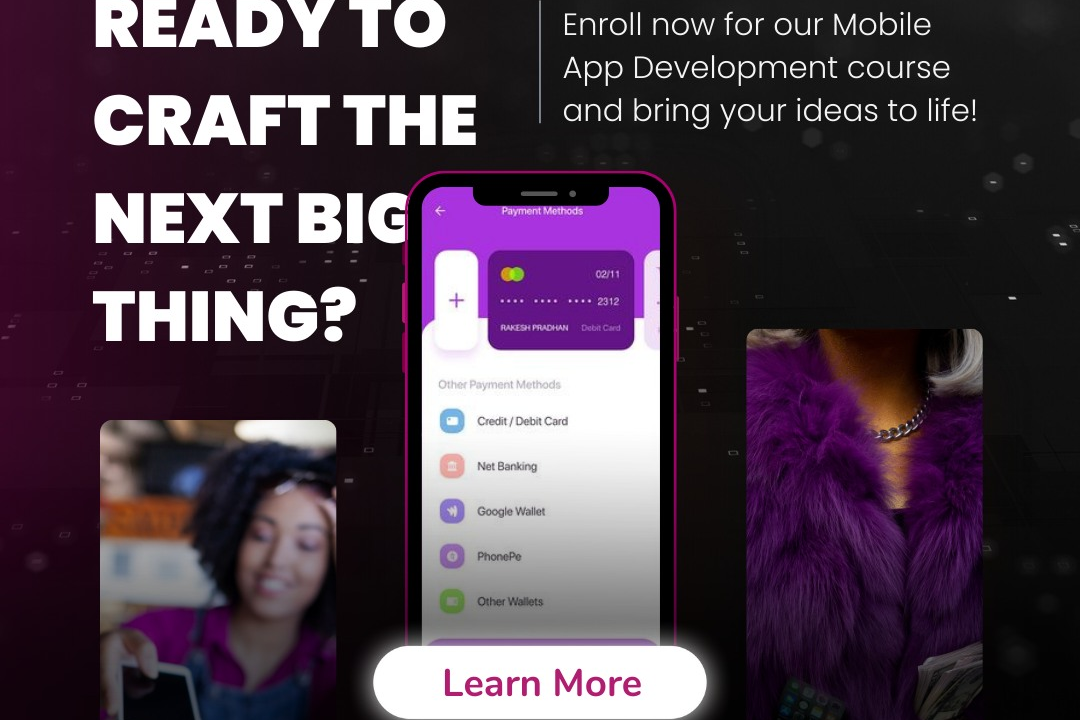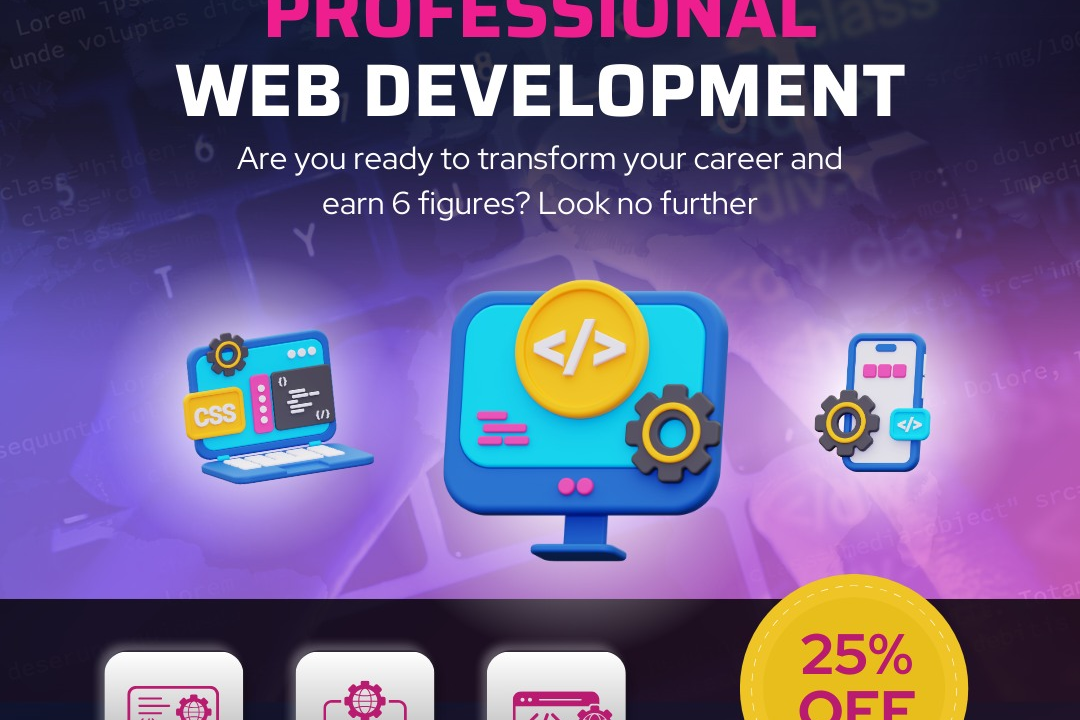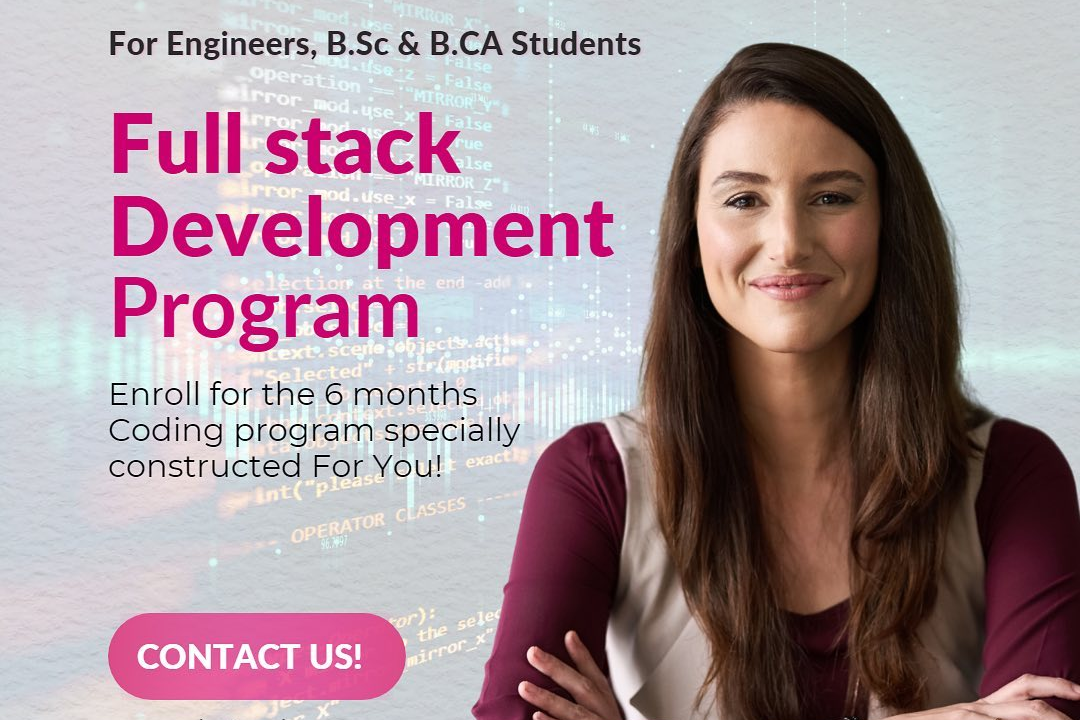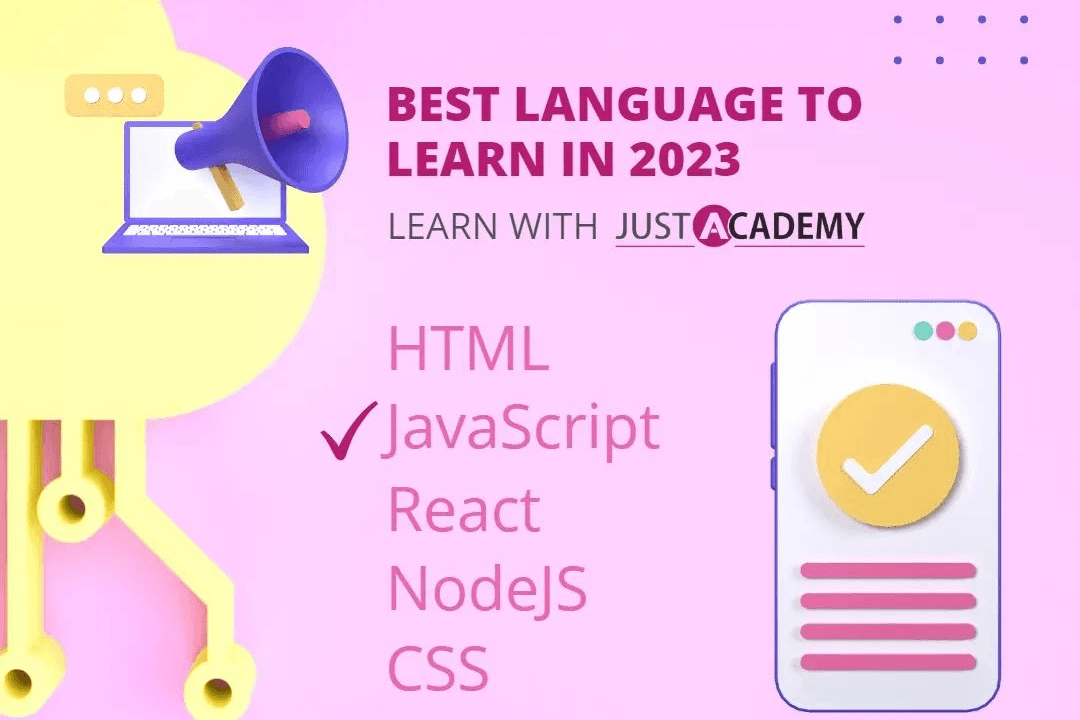React Native Technical Interview
React Native Technical Interview Guide
React Native Technical Interview
React Native technical interviews assess candidates' proficiency in the fundamental concepts of React Native, including component-based architecture, state management, and cross-platform development. They evaluate candidates' ability to design, develop, and debug native mobile applications using JavaScript and React Native APIs. These interviews are essential for hiring teams to ensure candidates have the technical skills and knowledge to contribute effectively to the team and build robust mobile applications.
To Download Our Brochure: https://www.justacademy.co/download-brochure-for-free
Message us for more information: +91 9987184296
1 - Introduce yourself and your experience.
Answer: “I am a highly motivated and experienced React Native developer with a proven track record of building and delivering high quality mobile applications.”
2) Explain the architecture of a React Native application.
Answer: “React Native applications are built using a combination of native code and JavaScript code. The JavaScript code is responsible for the application's logic and UI, while the native code is responsible for interacting with the device's hardware and operating system.”
3) Describe the lifecycle of a React Native component.
Answer: “A React Native component's lifecycle consists of the following stages: mounting, updating, and unmounting. During the mounting stage, the component is created and rendered. During the updating stage, the component is updated when its props or state change. During the unmounting stage, the component is removed from the DOM.”
4) What are some of the challenges of developing React Native applications?
Answer: "Some of the challenges of developing React Native applications include:
- Debugging can be difficult because the error messages are sometimes not very helpful.
- * Performance can be an issue if the application is not optimized properly.
- * Cross platform compatibility can be a challenge because different devices have different hardware and operating systems."
- 5) What are some of the best practices for developing React Native applications?
- Answer: "Some of the best practices for developing React Native applications include:
- * Use a consistent coding style.
- * Use a version control system.
- * Write unit tests.
- * Optimize the application's performance.
- * Use a build tool to automate the build process."
- Play more games.* The more games you play, the more points you will earn.
- Win games.* Winning games will earn you more points than losing games.
- Play in tournaments.* Tournaments offer larger payouts than regular games, so winning a tournament can earn you a lot of points.
- Complete achievements.* Many games offer achievements for completing certain tasks. Completing achievements can earn you points.
- Refer friends.* Some games offer referral bonuses for referring new players to the game. If you refer a friend who signs up and starts playing, you may earn points.
- Use power ups.* Power ups can give you an advantage in games, which can help you win more games and earn more points.
- Bet more money.* In some games, you can bet money to earn more points. However, betting money is not recommended for everyone, and you should only bet what you can afford to lose.
- Course Overview
- React Native Technical Interview course provides comprehensive guidance on preparing for technical interviews in React Native. It covers key concepts, best practices, interview strategies, and common questions to help you ace the interview process.
- Course Description
- This course is for React Native developers who want to prepare for technical interviews. It covers essential data structures and algorithms, design patterns, and React Native-specific topics like state management, navigation, and performance optimization. By the end of the course, you'll have a strong understanding of the concepts and techniques you need to succeed in your next React Native interview.
- Key Features
- 1 - Comprehensive Tool Coverage: Provides hands-on training with a range of industry-standard testing tools, including Selenium, JIRA, LoadRunner, and TestRail.
- 2) Practical Exercises: Features real-world exercises and case studies to apply tools in various testing scenarios.
- 3) Interactive Learning: Includes interactive sessions with industry experts for personalized feedback and guidance.
- 4) Detailed Tutorials: Offers extensive tutorials and documentation on tool functionalities and best practices.
- 5) Advanced Techniques: Covers both fundamental and advanced techniques for using testing tools effectively.
- 6) Data Visualization: Integrates tools for visualizing test metrics and results, enhancing data interpretation and decision-making.
- 7) Tool Integration: Teaches how to integrate testing tools into the software development lifecycle for streamlined workflows.
- 8) Project-Based Learning: Focuses on project-based learning to build practical skills and create a portfolio of completed tasks.
- 9) Career Support: Provides resources and support for applying learned skills to real-world job scenarios, including resume building and interview preparation.
- 10) Up-to-Date Content: Ensures that course materials reflect the latest industry standards and tool updates.
Benefits of taking our course
Functional Tools
Tools Used in ‘React Native Technical Interview’ Course:
- React Native: A popular framework for building cross platform mobile applications using JavaScript.
- 2. Expo: A set of tools and services that simplifies React Native development and deployment.
- 3. Jest: A testing framework for JavaScript applications, including React Native.
- 4. Redux: A state management library that helps maintain the state of React Native applications.
- 5. Redux Toolkit: A companion library for Redux that provides a simplified and streamlined API.
- 6. GraphQL: A data query language used to retrieve data from a server in a flexible and efficient manner.
- Training Program Offering:
- Customized Curriculum: Tailored to the specific needs of students, covering all aspects of React Native development.
- Hands On Projects:* Practical experience with real world projects to reinforce learning.
- Expert Instructors:* Industry professionals with extensive experience in React Native.
- Online and In Person Learning:* Flexible options to suit every student's schedule.
- Career Support:* Assistance with resume preparation, interview skills, and job placement.
- Benefits of the Training Program:
- * Enhance your marketability as a React Native developer.
- * Gain in depth knowledge of React Native concepts and tools.
- * Build a portfolio of projects to showcase your skills.
- * Prepare for technical interviews with confidence.
- * Advance in your career with in demand skills.
- Strategies to Get More Points:
- 1. Optimize Your Profile:
- * Create a complete and engaging profile with a clear headshot, professional summary, and relevant skills.
- * Use keywords related to your industry and expertise.
- * Join relevant groups and participate in discussions.
- 2. Showcase Your Skills and Expertise:
- * Share valuable content, such as articles, blog posts, or case studies, that demonstrate your knowledge.
- * Engage in discussions and provide insightful comments.
- * Upload projects, presentations, or certificates to showcase your skills.
- 3. Network and Collaborate:
- * Reach out to potential contacts in your industry and connect with them.
- * Build relationships by sharing their content, endorsing their skills, and offering support.
- * Collaborate on projects or guest post on their blogs.
- 4. Stay Active and Consistent:
- * Regularly update your profile with new content and participate in discussions.
- * Share valuable insights and contribute to the community.
- * Stay active in the platform's ecosystem by attending webinars, joining groups, and participating in challenges.
- 5. Leverage Sponsored Content:
- * Promote your content through sponsored posts to reach a wider audience.
- * Use targeted advertising to reach specific groups or individuals.
- * Consider sponsoring events or webinars to increase your visibility.
- 6. Engage with Other Members:
- * Like, comment, and share other members' content.
- * Endorse their skills and provide positive feedback.
- * Offer support or guidance to those who need it.
- 7. Participate in Challenges:
- * Join challenges or competitions to showcase your skills and earn points.
- * Share your progress and achievements on the platform.
- 8. Use Platform Tools and Features:
- * Explore the platform's analytics to track your progress and identify areas for improvement.
- * Utilize the platform's messaging and networking features to connect with others.
- * Participate in polls and surveys to share your opinions and earn points.
- 9. Seek Feedback and Improve:
- * Regularly ask for feedback on your content and engagement.
- * Implement suggestions to improve your profile and content strategy.
- * Stay up to date with platform updates and best practices.
- 10. Be Patient and Persistent:
- * Building a strong presence on a platform requires time and effort.
- * Stay consistent with your content and engagement efforts.
- * Don't get discouraged by slow progress; focus on providing value and connecting with others.
Browse our course links : https://www.justacademy.co/all-courses
To Join our FREE DEMO Session: Click Here
This information is sourced from JustAcademy
Contact Info:
Roshan Chaturvedi
Message us on Whatsapp:
Email id: info@justacademy.co












